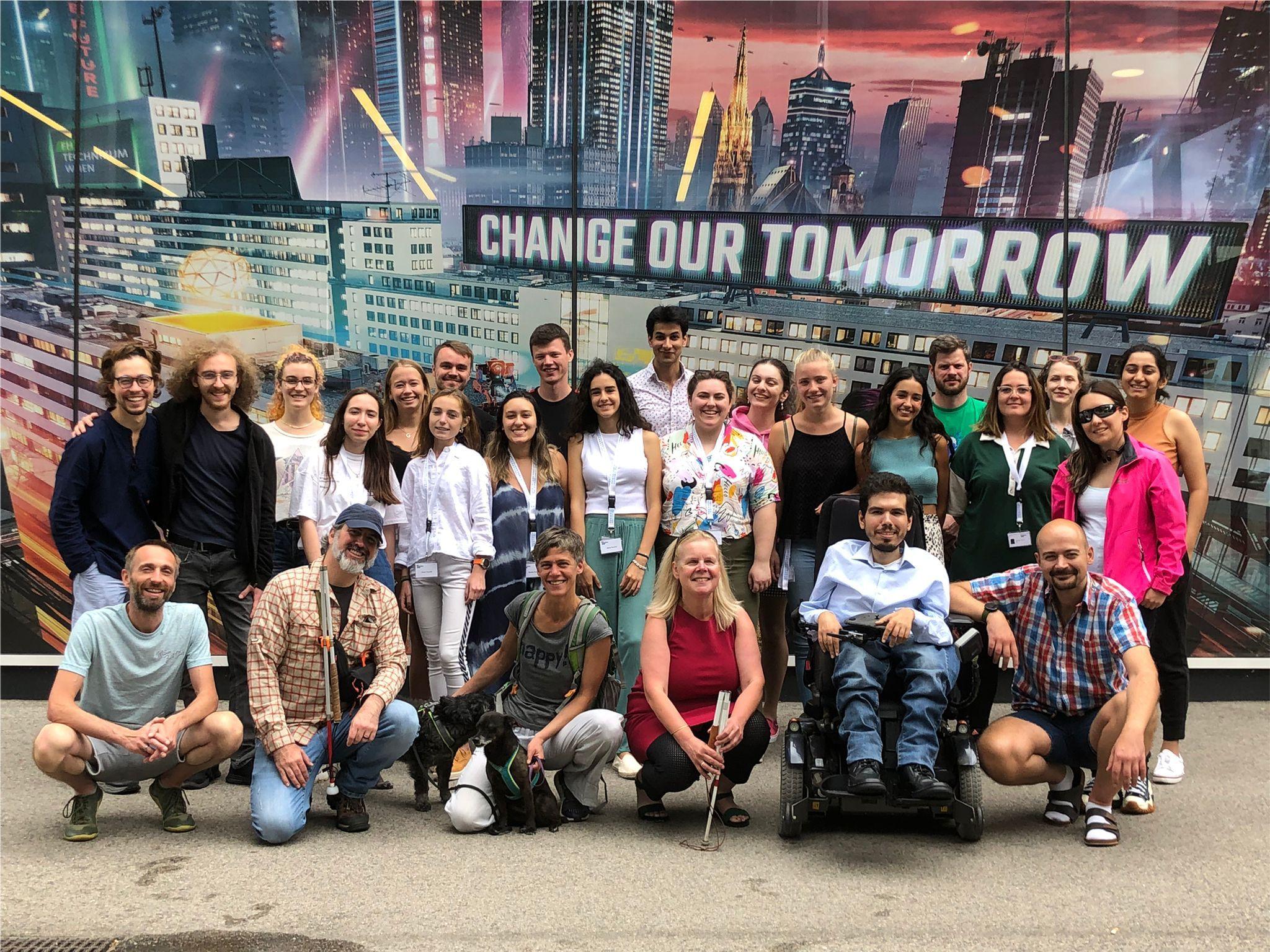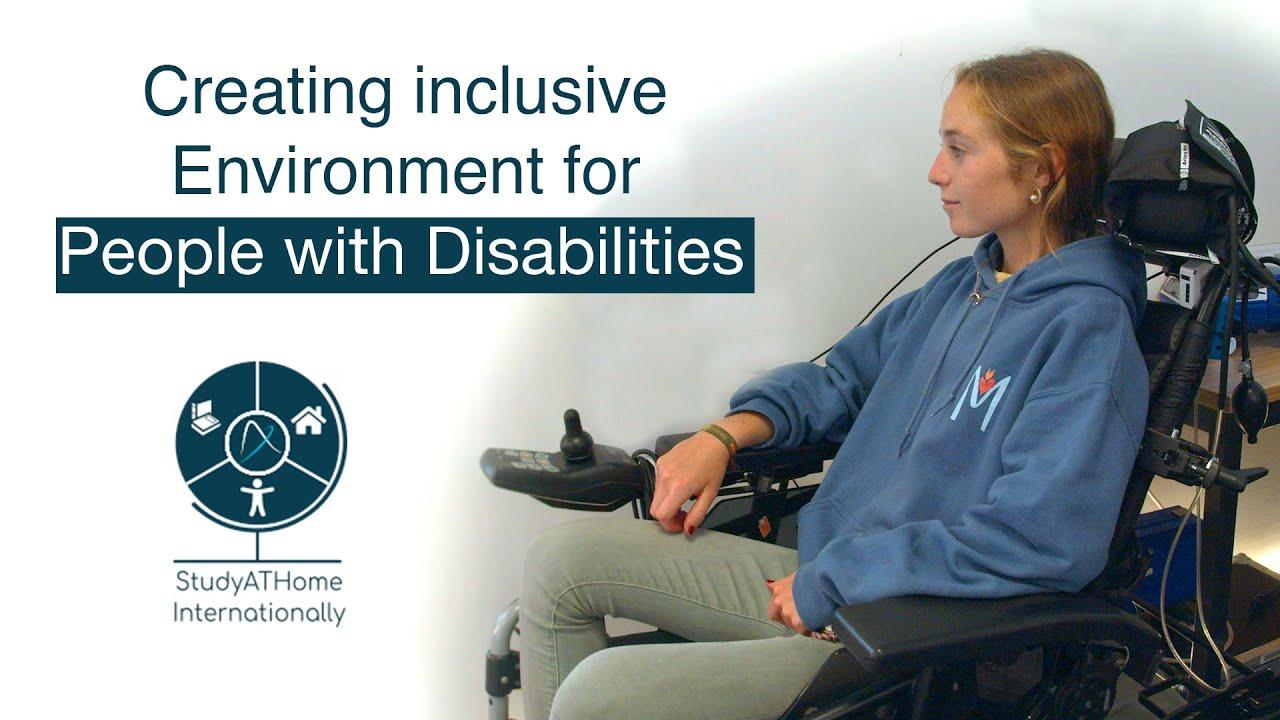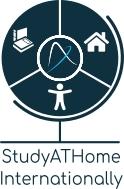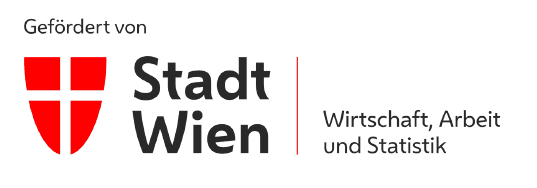Summer School: International Students Developed Smart Assistance Solutions

28 September, 2022
For ten days, students from ten countries dealt with the design of products that help to better cope with specific challenges in everyday life at the ASSIST HEIDI Summer School.
To work together on an inclusive environment for people with disabilities – that was the goal of the ASSIST HEIDI Summer School , which took place from July 4 to 12 at the UAS Technikum Wien. 17 students from ten countries took part in the one-and-a-half-week event, which was part of the StudyAThome Internationally project funded by the City of Vienna, and worked together with experts from the Technikum and people with disabilities – the so-called “HEIDIs” – on practical assistance solutions for everyday life. The abbreviation stands for Human BEIngs with DisabilIties.
In the course of the Welcome Event on the first evening, the students had the opportunity to experience what it is like to do without an important sense – sight – during a “Dinner in the Dark”. In the following days, the participants then dealt with topics such as disability, assistive technologies, rapid prototyping and accessibility on the web. The second part of the project days finally focused on concrete project work that the students developed and implemented together with the HEIDIs.
Solutions for Everyday Challenges
Susanne Buchner-Sabathy (blind) from the Association for the Blind and Visually Impaired and an expert in digital accessibility, Kyle Keane (visually impaired), Lecturer in Human-Centered Design, Assistive Technologies and Computational Materials Science at the Massachusetts Institute of Technology (MIT), and Oliver Klein (wheelchair user), a student in the AI Engineering master’s program at the UASTW, contributed their personal everyday experiences. These in turn served as the basis for the development of products that will support the HEIDIs in the future with specific challenges in everyday life.
Joint Design Processes
The students were able to use the equipment of the Smart Living Lab of the UASTW and developed clever assistance solutions in groups in joint design processes with the HEIDIs and the experts of our university. For example, a 3D-printed holder for Kyle Keane’s cane for the blind was created, which helps him to quickly free his hands when opening doors or performing other everyday activities. For Susanne Buchner-Sabathy, the students developed an acoustic hiking guide and a 3D-printed tactile image from her own photo collection. And for Oliver Klein, who relies on a wheelchair, a group designed a flexible smartphone holder, a mobile ramp and a wheelchair rearview camera with an acoustic object display.
Project results on Linkedin #assistheidi.
Summer School Video:

Please accept cookies for external media to view videos
Projektnr: 22-07

